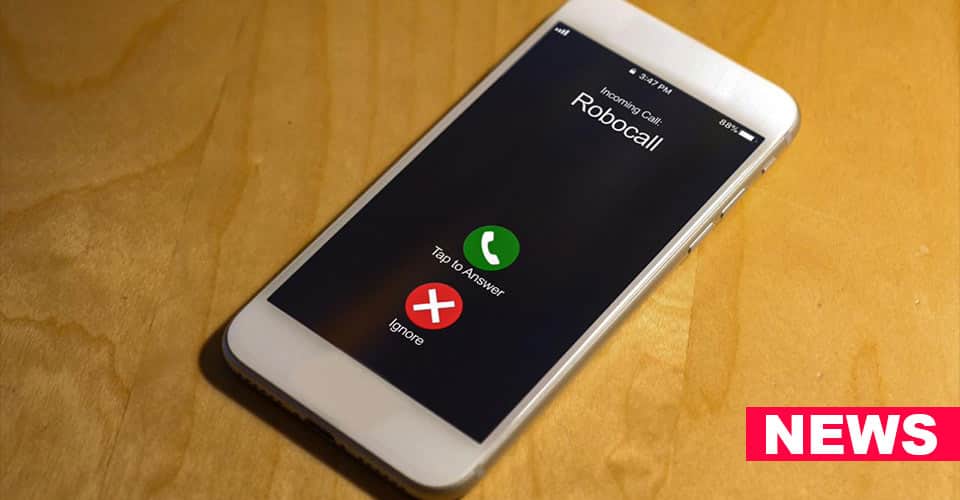Mental Health News: According to a new University of Georgia study, excess use of smartphones in social settings can lead to a form of contemporary rudeness called phone snubbing, or phubbing, the act of ignoring one’s companions to pay attention to a phone.
Snubbing one’s friends (Fphubbing) can have a negative impact on relationships. Researchers say there are many factors that may drive people to ignore their friends in favor of an electronic screen.
The new study showed that people with mental health problems like depression and social anxiety are likely to phub their friends more frequently. People who prefer online social interactions to face-to-face communication and those with personality traits such as neuroticism are highly likely to engage in phubbing behavior.
“I observed that so many people use their phones while they are sitting with their friends at the cafe, any dining time, regardless of the relationship type,” said Juhyung Sun, lead author of the study.
One of the negative reasons behind pubbing is smartphone addiction and the habit of constantly reading notifications ( breaking news, text messages, social media updates etc) that pop up onscreen. Thanks to the device’s wide utility across applications, we consciously or unconsciously look at our phones at each buzz or sound.
The study findings also revealed that agreeable individuals are less likely to engage in phubbing in the presence of their friends. People who have agreeableness as a personality trait are cooperative, polite and show friendly in social settings. They can maintain social harmony while avoiding arguments that can ruin their relationships.
“In face-to-face conversations, people with high levels of agreeableness consider phubbing behavior rude and impolite to their conversational partners,” Sun said.
A lot of people believe phubbing behavior is rude and still do it. It could be because of the number of people in the social group. Phubbing is common in the presence of three or more people. One may think, it’s okay to use a phone as long as the speaker in the group doesn’t notice it.
To Know More You May Refer:
Sun, J., & Samp, J. A. (2021). ‘Phubbing is happening to you’: Examining predictors and effects of phubbing behaviour in friendships. Behaviour & Information Technology, 1-14. https://doi.org/10.1080/0144929x.2021.1943711


Leave a Reply
You must be logged in to post a comment.